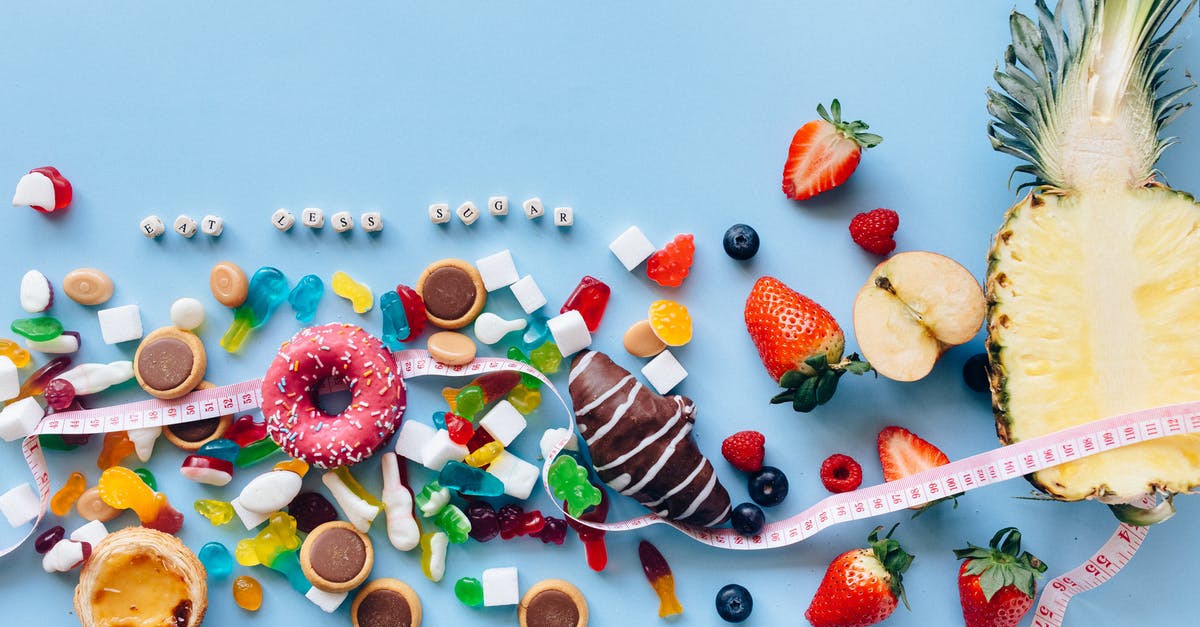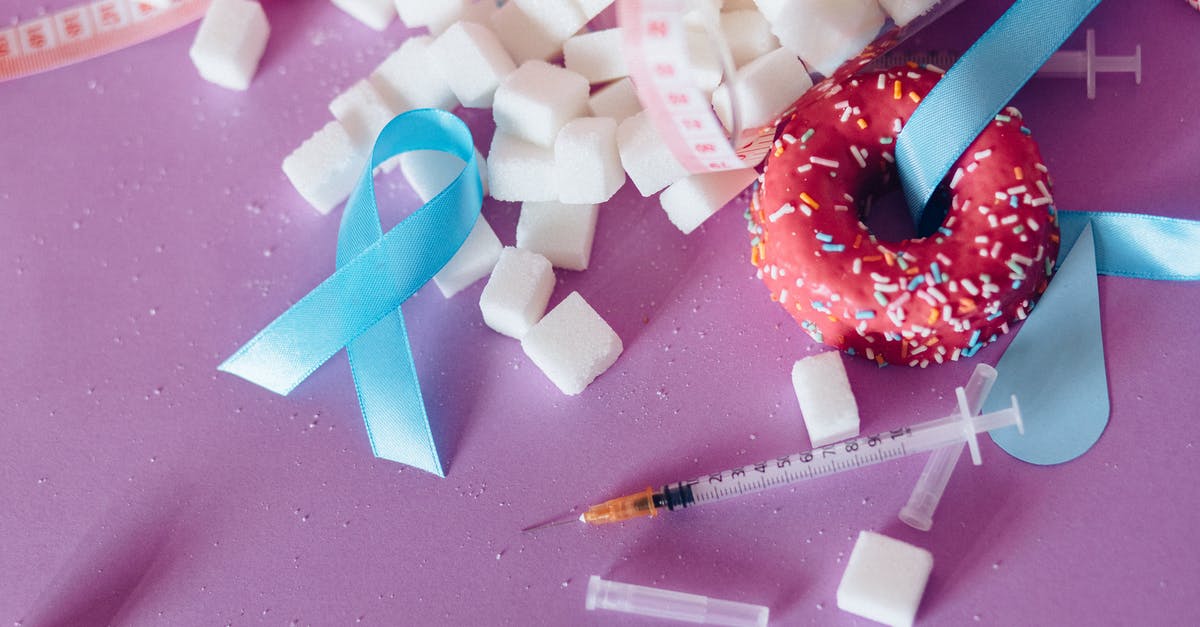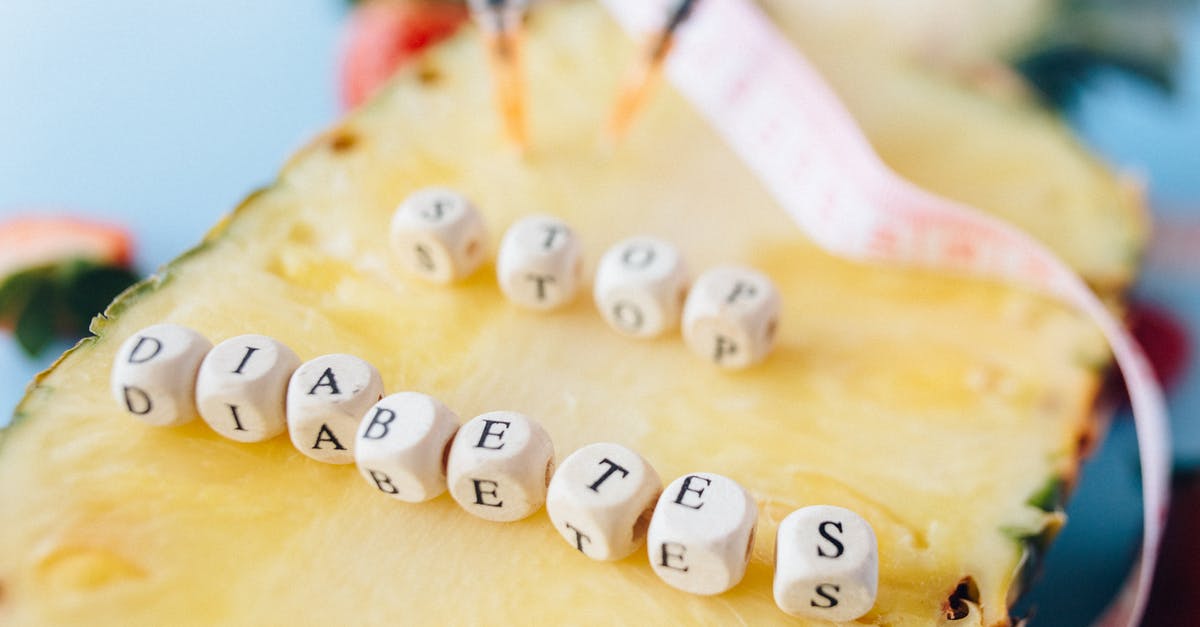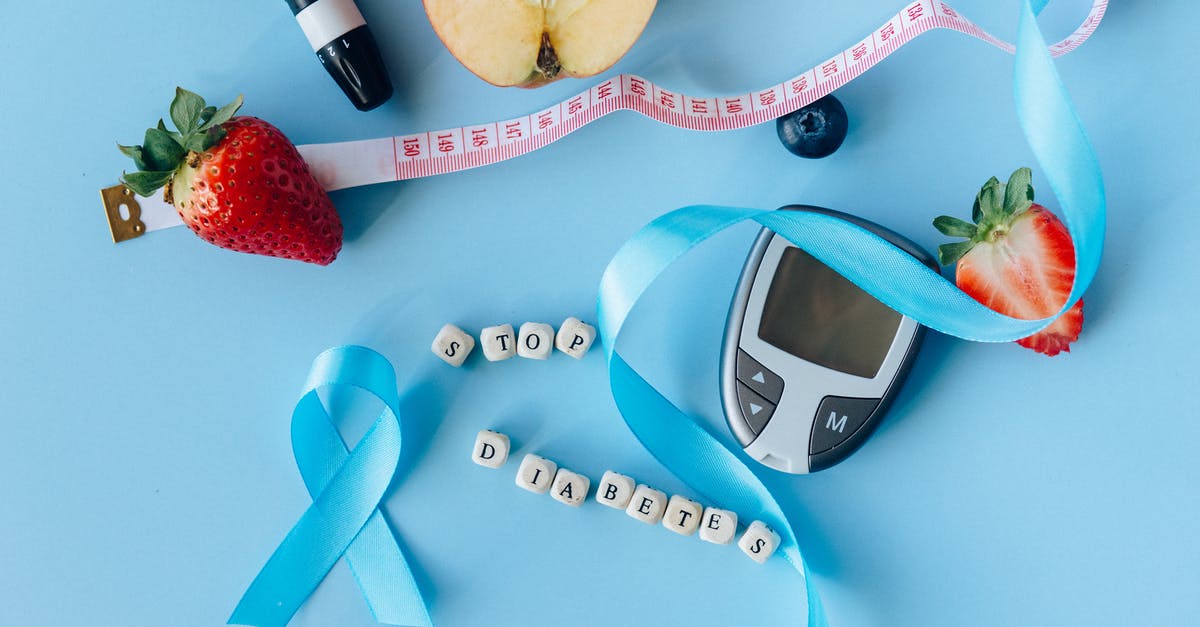Which foods are certain to never cause food poisoning?

After a nasty bout of food poisoning lasting nearly 5 days (rare I know) my trust levels and appetite for certain foods have dropped considerably however my inquisitiveness kicked in...
...from a data perspective (ignoring allergies) which foodstuffs are almost guaranteed or are actually guaranteed to never induce food poisoning in a human being?
My first thought ran to protein powders mixed with certified-safe tap water.
I assume that all raw meat runs the possibility and all take-away or restaurant meals are discounted as well. I know fruit and vegetables fertilised with human manure in certain countries which potentially rules out fresh fruit and veg.
Are there any foodstuffs guaranteed to be completely safe? Beef jerky perhaps due to the dehydrated nature?
Best Answer
There is almost no food which is guaranteed to be safe. If it has nutritional value for a human, it has nutritional value for many microorganisms too, some of which are human pathogens.
So, out of the FATTOM rule, you can already throw out F: you cannot remove the food. A is also not a good candidate - no food is naturally acidic enough, and while there are foods preserved by acidity, an error in processing can lead to the food being dangerous. Also, there are some bacteria and molds which thrive in quite acidic environments (although few of them are pathogens). Oxygen is even worse, as botulinum is anaerobic and very dangerous. Also, once you open the canned food, it can get contaminated again.
Time and temperature are quite good, but they are no guarantee for no food poisoning. First, processing errors are common. Second, you can't sterilize the food in a normal pot, and the remaining bacteria resume multiplying even before it's cooled off enough to eat. And, if it was contaminated before the cooking, the pathogens can have produced temperature stable toxins before you cooked the food.
Moisture is probably the only factor which can produce completely safe food. Most dehydrated food is not 100% safe. Beef jerky, cured hams, dehydrated fruit, nuts and similar can easily grow toxic mold during improper storage. Depending on how much water was removed in the preservation process and where you live, the kitchen shelf can turn out to be "improper storage". Flours are quite safe too, but you have to cook them, and the cooked product is again not guaranteed to be safe.
The only foods which will be completely safe will be the ones which never had any moisture to begin with, and will remain bactericidal if they acquire some moisture from the air. So sugar (either granulated, or hard candy),salt and pure oil can be declared safe from pathogens, but not from some kind of factory mishap where toxins can have contaminated the sugar and oil. A protein powder may fall in this category, I'm not completely sure how little moisture would be sufficient for a mold to grow on it.
And don't forget that you can infect yourself with digestive tract pathogens by handling the food with contaminated utensils or fingers, even if they don't get the chance to build a colony in the food. You could in principle hold your dining room clean to operation room standards, but people get infections in operation rooms too.
Nutrition is off topic for this site, so I won't discuss the wisdom of eating nothing but sugar, oil, salt and boiled water in order to eat guaranteed pathogen free food. For me personally, the trade off is absolutely not worth it.
Pictures about "Which foods are certain to never cause food poisoning?"



What foods are food poisoning bacteria not likely to grow?
Food poisoning bacteria must have moisture to stay alive. Bacteria will not multiply in dried foods such as dried pasta, rice, biscuits.Can all foods cause food poisoning?
Raw foods of animal origin are the most likely to be contaminated, specifically raw or undercooked meat and poultry, raw or lightly cooked eggs, unpasteurized (raw) milk, and raw shellfish. Fruits and vegetables also may get contaminated.What foods give you food poisoning?
7 Foods That Can Cause Food Poisoning- Chicken, beef, pork and turkey. Undercooking and cross-contamination are the two biggest risks posed by meats. ...
- 2. Fruits and vegetables. ...
- Raw milk and cheese products. ...
- Eggs. ...
- Seafood and raw shellfish. ...
- Sprouts. ...
- Raw flour.
Is it possible to never have food poisoning?
Not everyone will necessarily get food poisoning even if they eat the same thing. In healthy individuals, stomach acid kills food poisoning-inducing bacteria, while lactic acid bacteria in the intestines create an environment that prevents bacteria which cause food poisoning from multiplying.Restaurant Foods That Are Most Likely To Cause Food Poisoning
More answers regarding which foods are certain to never cause food poisoning?
Answer 2
 Picture: Spiritus is a Polish vodka that is 98% alcohol by volume. I should think it is as sterile as it is possible to get.
Picture: Spiritus is a Polish vodka that is 98% alcohol by volume. I should think it is as sterile as it is possible to get.
Foods that are very high concentration chemicals are typically poor habitats for bacteria and moulds. Items which are high sugar, high salt, or high alcohol would typically be safe. You probably have pure sugar and salt in the house but other high sugar foods would include honey, syrups, treacle and some jams.
It is possible for these foods to become damp and thus bacteria or mould may grow on the dampness. A jar of jam may develop a damp patch on its surface that is slightly sugary but not too sugary and thus a great habitat for many bugs.
The safest thing I can think of is strong alcohols such as vodka, whiskey, rum, brandy, etc. These all have sufficient alcohol to keep themselves, and anything else they contact, sterile. Even wine and beers are sufficient strong to keep sterile.
Sources: Stack Exchange - This article follows the attribution requirements of Stack Exchange and is licensed under CC BY-SA 3.0.
Images: Nataliya Vaitkevich, Nataliya Vaitkevich, Nataliya Vaitkevich, Nataliya Vaitkevich
